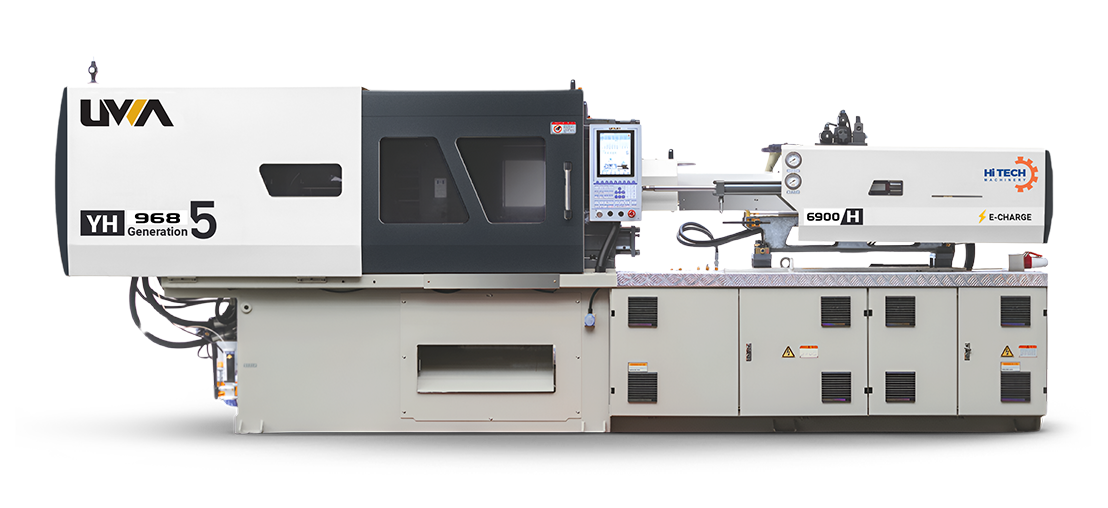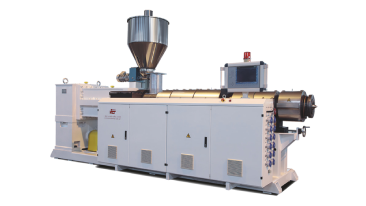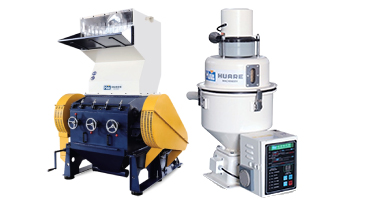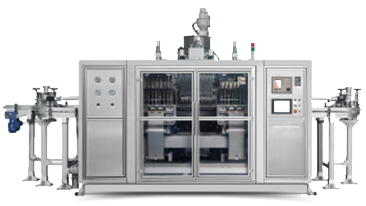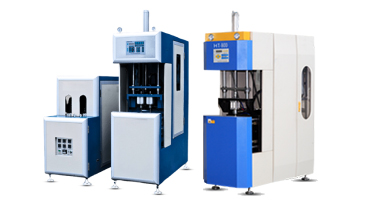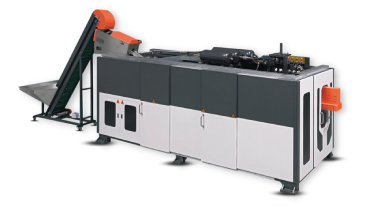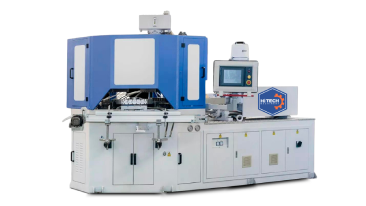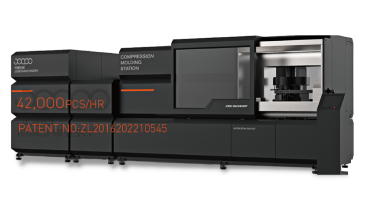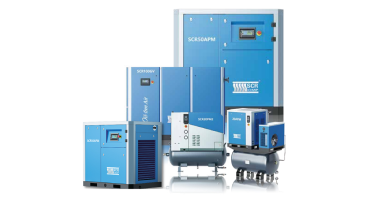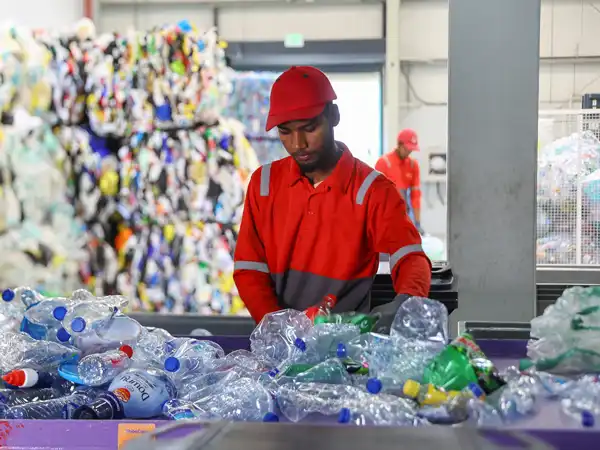Introduction: The UAE Plastic Recycling Machines Industry – History, Trends, and Opportunities
![]()
The UAE is a leading producer and consumer of plastic materials. The country has a large population, limited resources, and a growing demand for recycled materials. There are many opportunities for companies in the UAE Plastic Recycling Machines Industry -History, Trends and Opportunities to join in this growing market.
The UAE Plastic Recycling Industry: History and Overview.
HiTech Machinery in the UAE, recycling has been a popular practice for many years. The country has a long history of recycling materials, starting with glass and paper. In 1948, the first plastic bottle was recycled in the UAE. From then on, the UAE plastic recycling industry has flourished and continues to grow today.
The UAE plastic recycling industry is diverse and includes various types of plastics such as PET (POLYURETHANE), PVC (POLYESTER), PS (POSSIBLE SOLID WATER), HDPE (HIGH-DENSITY PLAINTURE), LDPE (LOW-DENSITY POLYURETHANE), EPDM (ELLIPSE PAPER SHEET METAL) and more.
The UAE Plastic Recycling Machines Industry: Trends.
Over the years, there have been several trends that have influenced the UAE plastic recycling machine industry. For example, the rise in car ownership HiTech Machinery in the UAE has led to an increase in plastics being recycled for new cars. This is due to the fact that many new cars contain large amounts of plastic materials that can be recycled easily and at a low cost.
Additionally, since aluminum is abundant in the UAE, many aluminum-based products are also recycled into plastic products.
The UAE Plastic Recycling Industry: Opportunities.
There are several opportunities for companies and individuals to participate in the UAE plastic recycling machine industry. For example, businesses can find ways to recycle their own waste or join a collection service to get rid of unwanted plastics from their workplace or home quickly and easily. Individuals can start their own collections efforts by donating unwanted plastics to local collection centers or taking them to local supermarkets where they can be sold or used as fillers in different products or packaging.
The UAE Plastic Recycling Machine Industry: Systems and Structure.
The UAE plastic recycling industry is a recent development that began to gain popularity in the mid-2000s. However, there is little known about the history and structure of this industry. As of 2018, there are only a few dozen businesses that operate in the UAE plastic recycling sector. Most of these businesses are small and based in Dubai or Abu Dhabi.
The UAE Plastic Recycling Machine Industry: Trends.
The trend towards using more recycled materials has played a large role in the growth of the UAE plastic palletizing machine industry. In 2017, around 60% of all plastic waste generated in the country was recycled. This figure has continued to grow over time, with around 75% of all waste now being recycled. The use of recycled materials has also helped to reduce environmental impact in the UAE plastics recycling sector by up to 50%.
The UAE Plastic Recycling Industry: Opportunities.
There are many potential opportunities for growth within the UAE plastics recycling industry. For example, it could become an important center for responsible output of polypropylene and other high-value plastics products. Additionally, there are many potential markets for blue chip companies that produce recyclable materials such as polycarbonate and glass). By exploring these opportunities, you could see increased demand for your products and increase profits while reducing environmental impact.
How to Get Started in the UAE Plastic Recycling Machines.
The UAE plastic palletizing industry is one of the oldest in the world. It began in the early 1970s when a group of entrepreneurs decided to start a business recycling plastic materials. The company was called Al-Wattan plastic palletizing machine and started producing recycled plastic products from 1971 until 1990.
Since then, the UAE plastic palletizing industry has undergone many changes. In 2007, it became an official member of the International Union of plastic palletizing machines (IUPAC). This gave it the status of a professional recycler. In 2016, Al-Wattan Plastic Recycling merged with another company, BinQar, to form a new company called BinWat Plastics Recyclers Ltd. Binwat Plastics Recyclers Ltd is based in Dubai and its main product is plastic waste management services.
The UAE Plastic Palletizing Machine Industry: Trends.
The UAE plastic palletizing machine industry is experiencing significant growth due to two factors: rising demand for recycled materials and growing awareness of environmental problems caused by waste production. In 2018, global demand for recycled materials totaled 2 trillion pounds (1.6 trillion kg). This rise in demand has led to an increase in the number of companies that produce recycled plastic products. Consequently, there are now more opportunities for businesses to get involved in the UAE plastic palletizing machine sector than ever before.
The UAE Plastic Recycling Industry: Opportunities.
There are many potential opportunities for businesses that wish to become involved in the UAE plastic palletizing industry. For example, you could start your own business producing recycled plastics products or work for an existing business that produces recycled plastic products. either way, you’ll need to find out about the different plastic palletizing industries in the UAE and learn about their opportunities and challenges so that you can make informed decisions about whether this is something that’s right for you!
Conclusion
In the UAE Plastic Recycling Industry, there are a few different systems in place to manage and recycle plastic. Each system has its own benefits and drawbacks. So it’s important to get started in this growing industry. By understanding the different systems and how they work, you can make the most of your opportunity in the UAE Plastic Recycling Industry. Additionally, getting started in this industry can be challenging but rewarding. With each business expanding into new markets, there is always room for growth.

